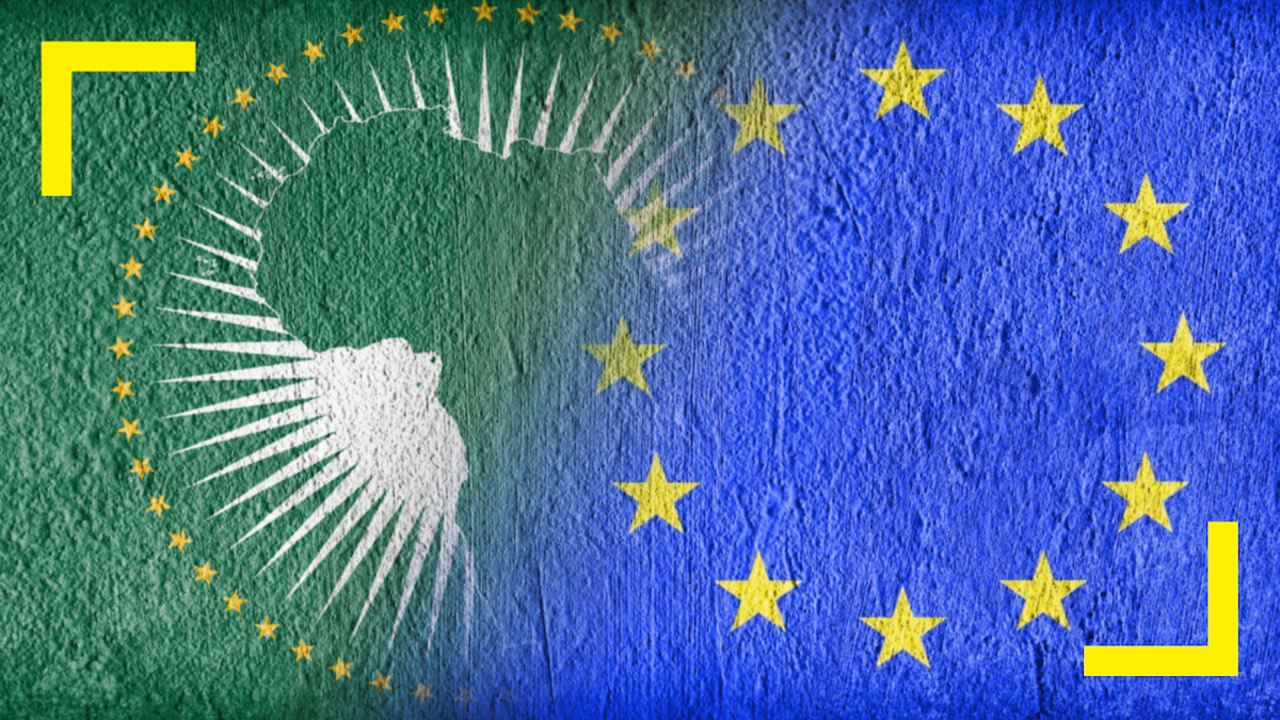Egypt receives millions to help its ailing economy recover

During the Qatar Economic Forum that took place in Doha between 23 and 25 May, the host country has acknowledged that it will no longer give aid or subsidies to Egypt. Qatar, like the Gulf countries, has always helped the various Egyptian governments economically. Now, the situation has changed.
Qatar's Finance Minister Ali bin Ahmed Al-Kuwari said that his country's commitment in March 2022 to provide five billion dollars to Egypt still stood but that from now on, the Qataris will only make investments in Egypt. "As far as Qatar is concerned, the provision of grants and charitable aid is not continuous," the Qatari minister added in an interview on Bloomberg television.
The rest of the Gulf states have also taken this stance on Egypt. Saudi Arabia and Kuwait have changed their approach and will focus on investment in Egypt. Both Gulf states have stressed that there is no longer any room for free aid.

Egyptian investment expert Ibrahim El-Hedoudy confirmed that relations between the Arab countries have become pure interest. The analyst explained in a statement to The Arab Weekly that the political and fraternal relations between Arab kings and presidents, according to which Gulf countries supported Egypt in the past, are no longer the same. From now on, relations will be based on investments that can benefit both countries. Qatar's Finance Minister said Doha is open to further investment in Egypt in areas such as communications and tourism.
Egypt has always relied on Gulf support to help it out of its economic crises, but this has changed over the past two years in light of the widespread belief that the Egyptian treasury has become a money-sucking black hole, that there is an urgent need to reconsider support policies and that Cairo must take the lead by undertaking structural reforms.
Al-Ahram Centre for Political and Strategic Studies adviser Amr Al-Shobaki said that the exceptional circumstances Egypt went through after the 30 June 2013 revolution no longer exist. Now that the socio-political situation has stabilised and returned to normal, relations between the two countries are to be based on mutual investments and economic partnerships. Despite the fact that there are no more grants, relations between the two countries will continue. According to Amr Al-Shobaki: "Doha is not expected to adopt negative positions towards Cairo".

Egypt has been receiving a large amount of funds from various countries and institutions since the pandemic. This aid is mainly aimed at alleviating the crisis that COVID-19 and the war in Ukraine caused in the country.
Last December, Egypt obtained a $3 billion bailout loan from the International Monetary Fund as part of an agreement that required the government to implement reforms, including devaluing the Egyptian pound and weakening state control over the economy. On the other hand, Cairo has begun to earn hard currency by selling state assets. Last February, Egyptian Prime Minister Mostafa Madbouly announced the names of 32 public and active companies to be offered on the stock exchange, including three banks and two army subsidiaries.
Similarly, the World Bank Group's Board of Directors has launched a $7 billion Country Partnership Framework (CPF) to support Egypt's economic development. Likewise, economic assistance is to be accompanied by a series of structural reforms. Specifically, this money is to be spent on the Egypt Vision 2030 Sustainable Development Strategy (SDS) and the National Climate Change Strategy (NCCS) 2050. This is intended to create quality jobs and increase resilience to shocks.








